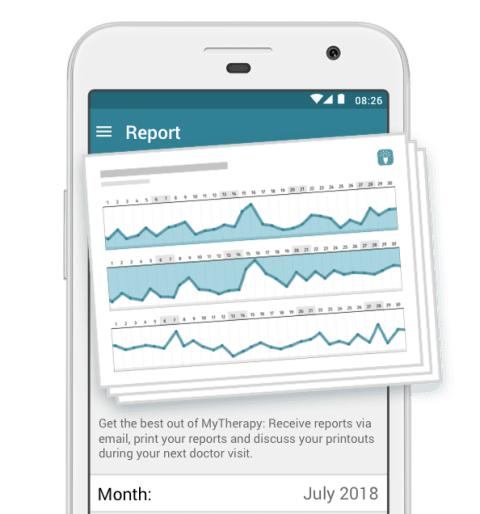When most people hear genital psoriasis, they’re likely to assume it’s a rare condition affecting a tiny portion of the population. In reality, around two-thirds of people with psoriasis will also experience some form of genital psoriasis. This means that by a quick estimate, at least around 75 million people worldwide experience genital psoriasis, though due to the nature of the condition, it would never be apparent. In today’s blog, we’ll cover the information that everyone should have on this rarely discussed condition.
Diagnosing genital psoriasis:
The name genital psoriasis is an accurate description of the condition, so for people already familiar with psoriasis, it may seem obvious what genital psoriasis would entail. For those who aren’t already familiar with psoriasis, it is a skin condition that causes bumpy red patches covered in white scales to form anywhere on the body. These patches are caused by skin cells multiplying faster than normal and typically appear around the scalp, back, knees, and elbows. Genital psoriasis occurs when these patches form on or around the genitals. This can include the pubic area, the upper thighs, and the area in and around the buttocks.
If you’re reading this because you believe you may have genital psoriasis, there’s a chance you don’t have the scales mentioned above. It’s normal for genital psoriasis to develop without scales due to friction from movement.
If you or a loved one have symptoms matching those described above, the best course of action is to speak with your doctor. Typically, a diagnosis will be simple and involve only a visual inspection. However, there’s a chance that your doctor will also take a small skin sample and perform a biopsy just to be sure.
Causes of genital psoriasis:
If you think you have genital psoriasis or are worried about developing it, you’re surely wondering what causes it. The first question on many people’s minds is, “can it be sexually transmitted?” Fortunately, the answer is a definitive no. There is no way to give or receive genital psoriasis through sexual activity.
The causes of genital psoriasis and psoriasis as a whole are unknown. Researchers believe that the increased speed at which skin cells regenerate and cause psoriasis is linked to the immune system. The good news is, even if it’s not clear what causes psoriasis as a condition, patients can work with their doctors to identify the specific triggers that lead to their flare-ups. By knowing these triggers and how to manage them, patients can better manage their psoriasis. Some of the most common triggers are:
- Infections
- Changes in the weather (specifically from warm to cold)
- Medications
- Heavy alcohol consumption
- Smoking
- Stress
- Obesity
- Skin injuries
If you’re speaking with your doctor about psoriasis, be sure to mention if any of the items listed above apply to you and could have lead to a flare-up.
Treating genital psoriasis:
Unfortunately, treating genital psoriasis, as with any psoriasis, can be a complicated process. Different treatments will uniquely affect everyone, so trial and error is often the necessary approach when it comes to finding the right medication. This means that patients need to ensure they communicate thoroughly and often with their doctor.
The exact medications used will vary, but typically the first line of defense will be a low-dose steroid cream. These creams cannot be used long-term but work as a good starting point and are often effective in treating short-term flair-ups. Following steroid creams, or as an alternative, doctors may prescribe vitamin D creams or calcineurin inhibitors. These are milder treatments but can be used safely for longer periods, or in tandem with steroid creams. Assuming these treatments don’t prove effective, a doctor may prescribe systemic medications (a medication that affects the entire body.) These medications are typically stronger, but it may make sense to prescribe them if other parts of the body are also affected by psoriasis. In the most severe cases, stronger medications may be injected via IV, but this is far less common.
Answers to the most common questions about genital psoriasis:
Can I have sex while I have genital psoriasis?
The short answer is yes, if you and your partner feel comfortable. There is no risk of having sex while you have genital psoriasis. However, during a flare-up, it may be uncomfortable, and symptoms could be temporarily worsened. If you’re concerned about getting intimate, it may be best to have a conversation with your doctor first.
Will sex make it worse?
There’s not one concrete answer, as it will be different for everyone. There is a chance that sex will worsen symptoms, but there is no guarantee. You can be sure, in the long run, that your psoriasis will not be worsened by having sex.
Is my partner at risk?
Despite the chance of personal discomfort presented by sex with genital psoriasis, there is absolutely no risk to your partner. It is impossible to transmit psoriasis.
How long will it take for my genital psoriasis to go away?
While psoriasis isn’t curable, this question typically refers to how long it will take for a flare-up to end. The answer will vary entirely based on every patient, but flare-ups can typically last between a few days and a few weeks. For a more specific answer, you’ll need to speak with your doctor about both the severity of the flare-up and the medication being used to treat it.
Here are some other articles we think you might enjoy:
New Psoriasis Treatments: What Are the Latest Medications on the Market



